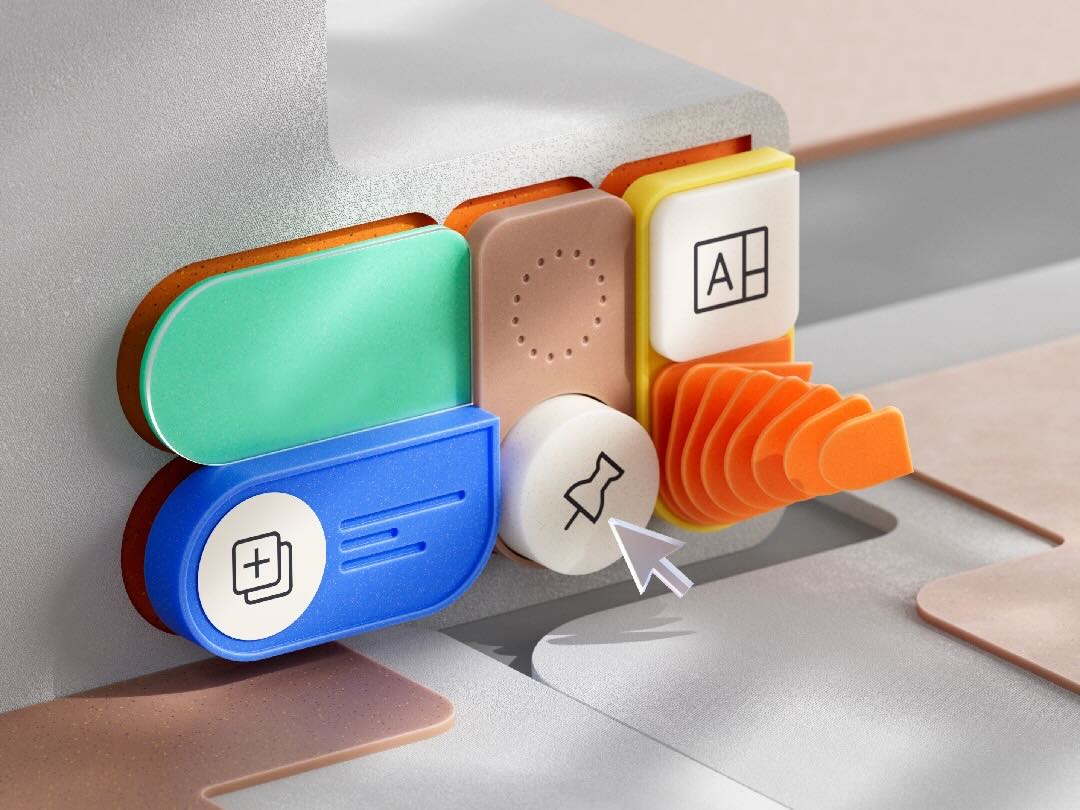Customize your Wix URLs for your site, product, and blog pages to help improve your SEO and attract site traffic. Your URLs should be accurate and descriptive, so potential visitors can find your site using search engines.
Learn more about customizing your page's URL structureThe basic URL structure contains a domain name, followed by a path, and a slug. The slug is used to provide a description of the specific page. These separate parts are joined together with slashes to form a URL. For example: domain.com/shirts/blue-shirt.
Wix site pages use the following URL structures:
- Static pages: domain.com/{slug}
- Product pages: domain.com/product-page/{product slug}
- Blog Posts:domain.com/post/{post slug}
Rules for creating a customized URL
- The URL cannot contain spaces.
- The URL must contain at least one unique identifier / main variable. In most cases this will be Slug. Without a unique identifier or main variable, all URLs of that page type would be the same (all of the products will have the same URL).
- The URL path prefix must be unique. For example: If you have a static page with the slug /shop, you can’t edit your URL structure to have shop prefix, e,g: /shop/{product slug}, to make sure the pages won’t be confused when being rendered.
- The URL structure must be unique. You can’t set both Product Pages and Post Pages to be domain.com/shop/{product slug} and domain.com/shop/{post slug}. If you do, Wix won’t know which page to render. Note that this also includes domain.com/{post slug} & domain.com/{product slug}.
- The URL string character count must not be more than 1000. This excludes variables, meaning that the sum of all the characters entered by the user that are not variables, cannot be more than 1000.
- A Segment can’t include two variables next to each other. A segment is a section between two slashes, for example: /product-page/{product category}{product slug. This would be invalid as there are two variables in a row.
- The URL should have no empty segments. This means two slashes cannot be together in a row. For example: /blog//{post slug} is invalid.
- The URL cannot contain symbols and emojis. For example: (&^🤷♂️)
- The URL cannot begin or end with a slash. For example: //product-page/{product category} and /product-page/{product category}/ are both invalid.
To create a customized URL:
- Go to your SEO Dashboard.
- Select Go to SEO Settings under Tools and settings.
- Click Products.
- Click Page URL.
- Edit your page's URL structure.
- Check the box if you want to automatically redirect all traffic to the new URLs.



